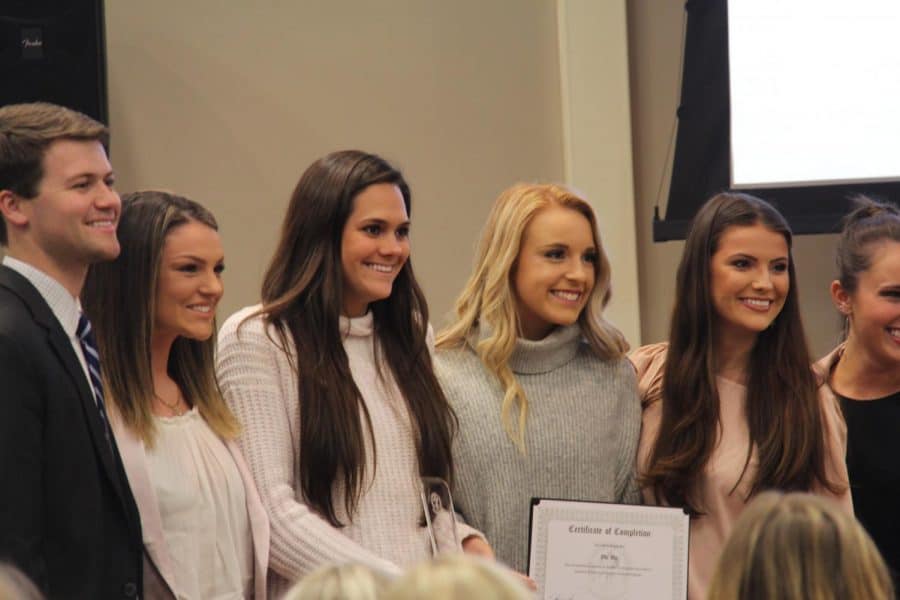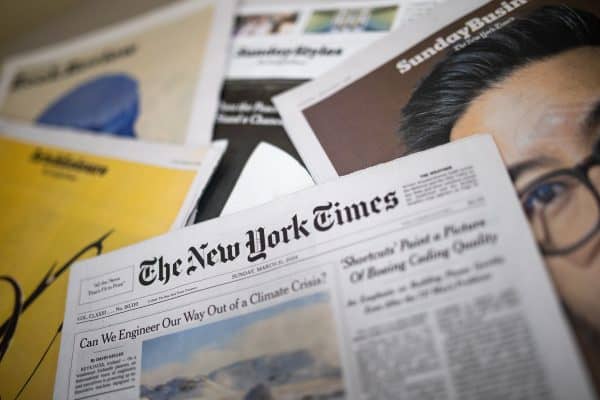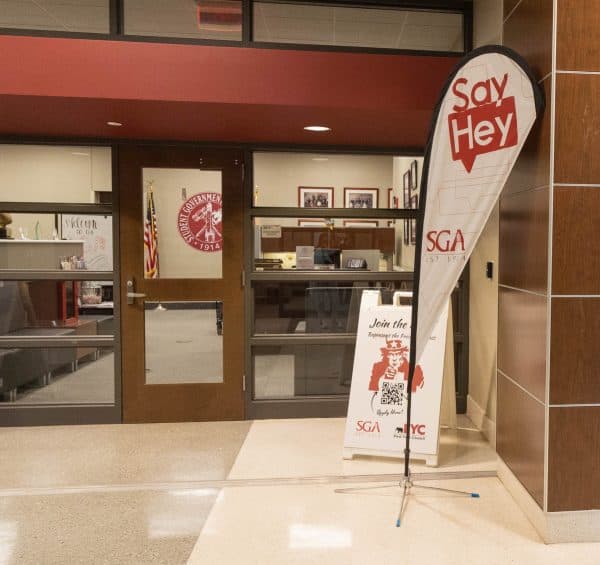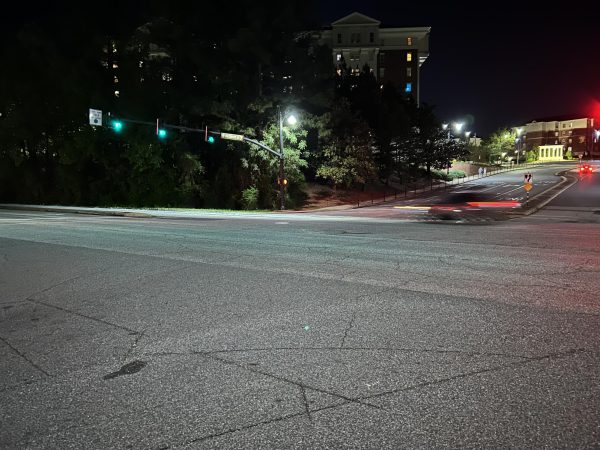Culture-changing is a ‘process, not an event:’ a conversation with G. Christine Taylor
January 13, 2020
In a conversation with The Crimson White, the University’s vice president and associate provost for diversity, equity, and Inclusion reflected on the division’s successes and areas for growth during the Fall 2019 semester – a season of administrative turnover, heightened concerns about equity and inclusion, and critical conversations about what, and who, the University values.
The University of Alabama’s Division of Diversity, Equity and Inclusion has been striving to promote institutional, cultural responsiveness with their events this past fall semester, according to division leaders.
“Our focus has been to work with intentionality on cultural education, cultural learning and cultural sharing,” said G. Christine Taylor, vice president and associate provost for diversity, equity, and Inclusion.
Through a plethora of events, the department of Diversity, Equity and Inclusion has worked on not just having events, but creating spaces where learning and discussion can take place.
“I think the biggest thing I want people to understand is that the work of Diversity, Equity and Inclusion is culture-changing, and it’s a process, not an event,” Taylor said.
FALL 2019 RECAP
WEEK OF WELCOME – Before the fall semester began, the department of Diversity, Equity and Inclusion hosted ice cream socials during move-in weekend and the “I Am Alabama” program during the Week of Welcome. The socials allowed diverse faculty and staff members to mingle with students and parents while giving them the chance to ask questions and learn about the campus.
“[The ice cream socials] were very important because, historically, the way that our recruitment has occurred has not really allowed an opportunity for parents of color to ask some of the critical questions that they want to ask that they might not have a comfort level of asking in a larger group,” Taylor said. “I’ve been in higher ed for 20 some-odd years, and there’s always people wanting to ask that question, so this gave them the chance.”
The “I Am Alabama” program allowed students to hear from a diverse panel of their peers who discussed how to be successful at The University of Alabama.
At both events, the department handed out two relevant booklets: the Fall 2019 Diversity Programming Guide, a guide to all significant diversity initiatives for that semester, and the Multicultural Resource Guide for 2019, a guide to diverse organizations, businesses and other community resources in the Tuscaloosa area.
“So, this is about how to get your living on at The University of Alabama if you are a diverse student,” Taylor said, while flipping through the resource guide, pointing out each different category. “That’s part again of that cultural sharing so that people know how to get what they need to get.”
From the Fall 2019 Diversity Programming Guide, Taylor highlighted a few events that demonstrated DEI’s move toward cultural education, sharing and learning.
LUNCH AND LEARN – On Oct. 7, DEI hosted the Lunch and Learn: Come Sit At My Table/ “Hablemos.” This lunch was another event that emphasized cultural sharing among Hispanic/Latino/Latinx students and UA employees for National Hispanic Heritage Month.
Taylor said one of the direct outcomes of this lunch and learn was the discussion of creating a Latinx faculty and staff caucus parallel to the Black Faculty and Staff Association.
DIVERSITY AFTER UNIVERSITY – Diversity After University: Perspectives from Leaders in Industry was a panel featuring diverse voices in STEM, where panelists spoke about overcoming challenges in their fields.
“There was a good sense of conversation about why is this issue relevant and their recommendations about what students ought to be doing about it while they’re in school,” Taylor said.
This was the fourth event in the DEI Certificate Program speaker series created in partnership with the UA Student Government Association to bring more discussion to the topic of diversity, equity and inclusion.
“Now, why is this important?” Taylor said. “On average, we may have had 300 to 600 students show up per event. The majority of them, I would say 99.5%, were Caucasian students. Everybody needs this information, but on our campus, I think the awareness piece is probably greater for our majority students than for other students.”
Taylor credited Demarcus Joiner, the SGA’s vice president for diversity, equity and inclusion, for bringing “thought, ideas and incentive” to the table.
“I think [the certificate program] probably marks one of the first major conversations about this topic that the campus has had that there have been that many people engaged in the conversation,” Taylor said.
DEI CERTIFICATION – At the program’s close, the SGA held a DEI certification ceremony on Nov. 13, 2019, where Joiner noted that students are the ones who “hold the key to change.”
“I would say the most important takeaway is knowing that you are the change that the world needs,” said Joiner, a junior studying civil engineering on the pre-law track. “And just because it doesn’t look like it – just because your world, your community, is fine doesn’t mean that the world is fine.”
A total of 20 organizations were congratulated by Kathleen Cramer, the University’s interim vice president for student life, and awarded with a certificate and a plaque for their participation.
“It was a broad range of a cross-section of the students, so it was very inspiring,” Cramer said.
WINTER HOLIDAY CELEBRATION – On Dec. 4, 2019, the division celebrated different cultural holidays that happen during the wintertime, such as Kwanzaa, on campus.
LOOKING FORWARD
Though the division has worked to put on several events this past semester, campus unrest following the resignation of the former dean of students highlighted a need for more structural change.
Taylor said the division demonstrated how they planned to work toward culture-changing with the Path Forward: Action Planning Dinner that was held on Oct. 16 in John H. England Jr. Hall. Taylor said the point of the dinner was to get together and discuss institutional change.
“We left with some concrete ideas, and students gave us good feedback about some of their areas of concern,” she said.
“Representation was a major thing,” she said.
Taylor said other areas of concern included police reporting, events and the quality of advising.
In efforts to increase opportunities for cultural learning on campus, Taylor said the division will begin working to become members of the National Coalition Building Institute, an international leadership organization that specializes in diversity, equity, and inclusion training for community organizations, college campuses, corporations and law enforcement.
“We had our pilot over the summer, a lot of positive things, so we’re going to be working toward getting our trainer so we’ll have more opportunities,” Taylor said.
According to a campus-wide address from UA president Stuart Bell, students interested in attending more DEI events can find them in the division’s upcoming semester programming guide, which will be published on their website, diversity.ua.edu.
There are also numerous Martin Luther King Day events coming up. Tickets are on sale now for $30 for the 2020 Realizing the Dream Banquet and Concert on Friday, Jan. 17 and Sunday, Jan. 19. The banquet will take place in the Sellers Auditorium Bryant Conference Center at 6:30 p.m. on the 17th and will feature award-winning journalist Laura Ling. The concert will take place in the Moody Music Concert Hall at 7:30 p.m. on the 19th.
Also, on Jan. 20, Diversity, Equity, and Inclusion will be hosting an MLK Service Day. More scheduled events will be featured on its website later this month.











